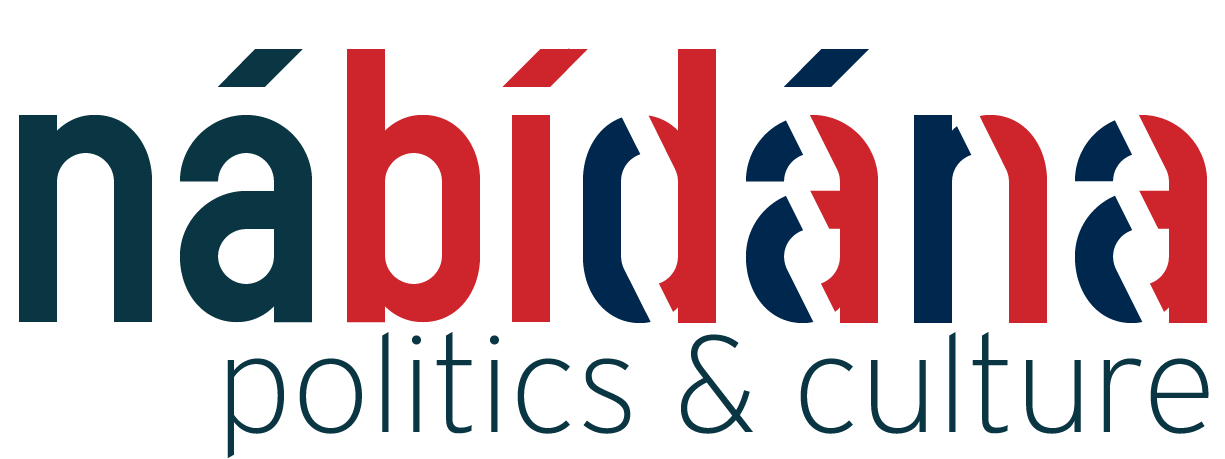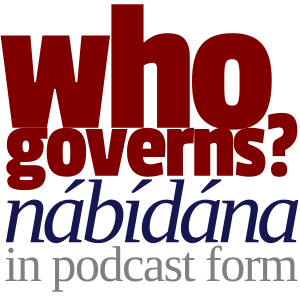The word Elite has been captured by the left just as our Union flag has been captured by the extreme right. Its use today, more often hissed or screamed out by people on the left of politics, conjures up a mishmash of concepts, almost exclusively assumed to be negative and antisocial. The concept of elites is contaminated with abuse. It has become a crude shorthand for wealth and privilege, unlinked to its actual meaning and misused. It has become the pivot of the politics of envy.
Even when the word is used correctly, the extent to which it often isn’t causes us to wince as if something dreadful is being discussed.
Thus ‘Elite Sports’ makes us initially scowl as if we’re being told we’re no good at that sport. Quite right. Most of us aren’t, and that’s the point of the word’s use. Elite means ‘the best we have’ in this usage, as it ought to in all usage, but the left have corrupted the concept.
We’re supposed to hate elite schools, because they must be terribly full of rich children and unfairly provide some pupils with unfair advantages. But this indignant abuse of the language (surely an elite school is a school that’s excellent at teaching, something we ought all be able to get behind) is a disgraceful attempt to deny differences in ability. Whether they on the left like it or not, there will always be people who are more capable in a given field than others; they are elites. There will always be some teachers better at the job than others, and they will tend to cluster.
On my first day at my secondary school (The Royal Belfast Academical Institution, then a selective Voluntary Group B Grammar School), the school principal, Mr Ridley, stood up and told us we were an elite of sorts. We were, he said, representative of the top 30% of pupils in Northern Ireland by exam results. As a result, we had the responsibility to live up to our promise or step aside to allow someone more deserving to take our place. We were only as good, he said, as the effort we put in to justifying our place, and the opportunities presented to us would be our reward. We were to be proud of our uniform, because it was a mark of what we had achieved so far. The elite of the 11-Plus exam therefore begat further elites. Rugby players, mathematicians, radio presenters, PR men (ahem) in the main determined by the effort we were prepared to put in. There was no denying the profound ability of some of the boys in the school, and we never doubted we were good at what we did, but the concept of recognising ‘eliteness’ seemed distasteful. It shouldn’t have done.
Often, of course, self-selecting cliques conspire to assign themselves a putative elite status, usually without much justification. Let’s take the rich as an example.
Being rich can happen by accident, by design, by inheritance or hard work. Someone who is rich isn’t necessarily the best at anything, but the rich often socialise together, often in places the poor can’t afford to be, and many members of that class of people may be members of various other elites.
As a shorthand, the left, with haughty abandon for the language, call them an elite, while sensible people call them what they are: the rich. Like the Elite Sports people, we envy them to the extent the basis of their inferred eliteness would make us happier were it to be conferred on us. We want their money and their cocktail parties and their first class travel.
Elites are exclusive, because if you’re not one of the best in a given field, you can’t be considered a member. To join, get better at what you do. Therefore, elites are politically and economically important, and cause real political debate, particularly when the debate focuses on the basic economic problem. Do we fund the ‘clever elite’ children to become excellent through selective education, or do we allocate fewer resources to those children and try to bring the slower children up to their standard?
The answer a Tory will give is ‘spend the money making the teachers better’. This seems eminently sensible and should certainly be idiomatic within the debate on education. Pay the better state teachers more, pour encourager les autres, and don’t lose sleep over what the public schools pay.
Our current Prime Minister went to a public school; it’s considered an elite school by educationalists because it gets exceptional results for its pupils, but on the left it’s considered elite (emphasis on spitting the word out like it’s a whole naga chilli) because only the very rich can afford to send their children there. As a result, it must be bad, and those who pass through Eton must be evil.
The next time you read an article or speech by someone of the left persuasion, consider the alternative to the recognition of ability. Reject that elite surgeon about to operate on your child. Boycott airlines employing elite air crew. Ensure only mediocre candidates get your vote at election time.
This is the politics of envy, red in tooth, claw and flag. It’s time to reclaim the word.

